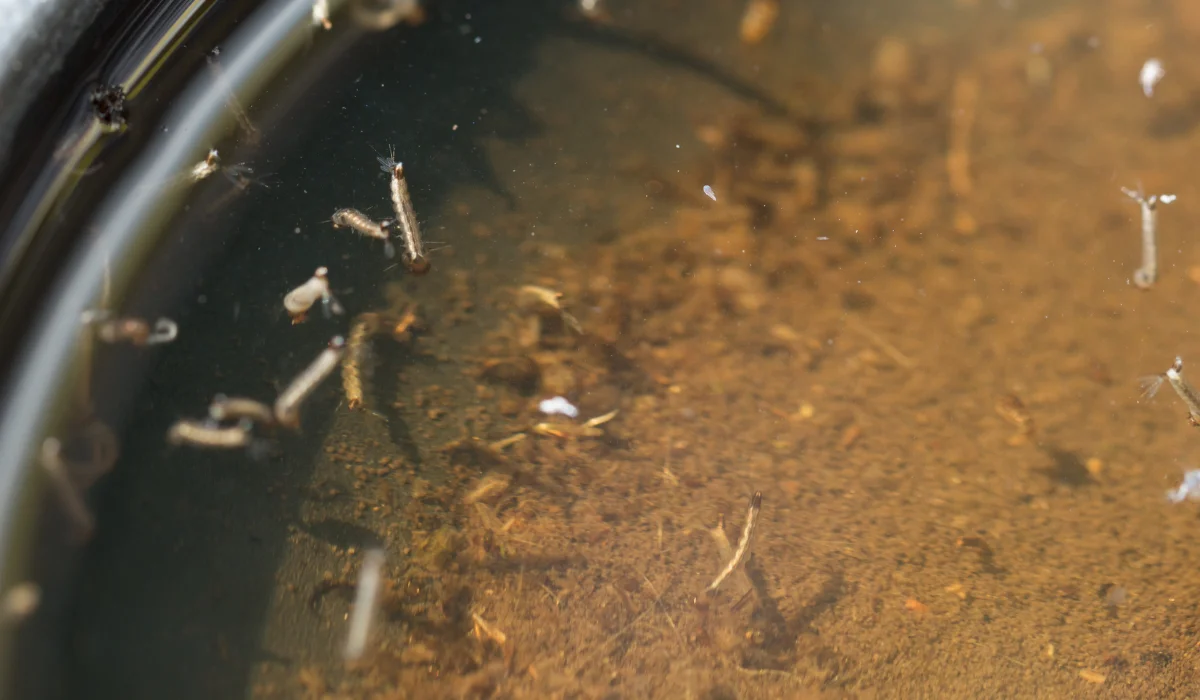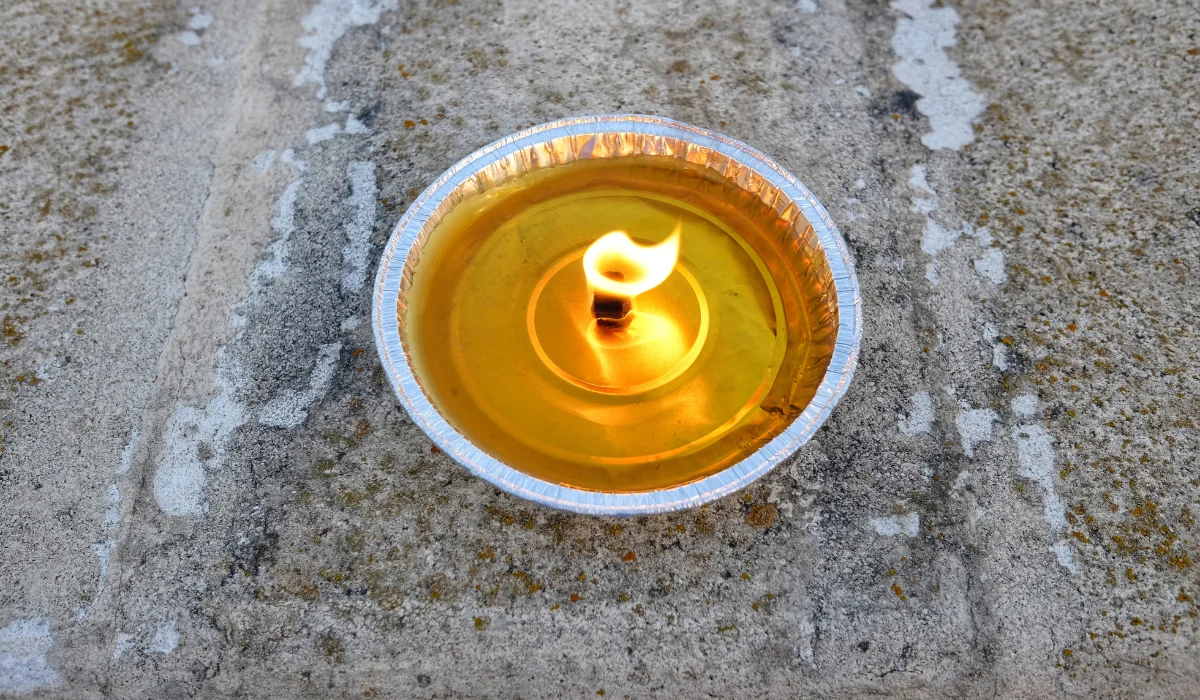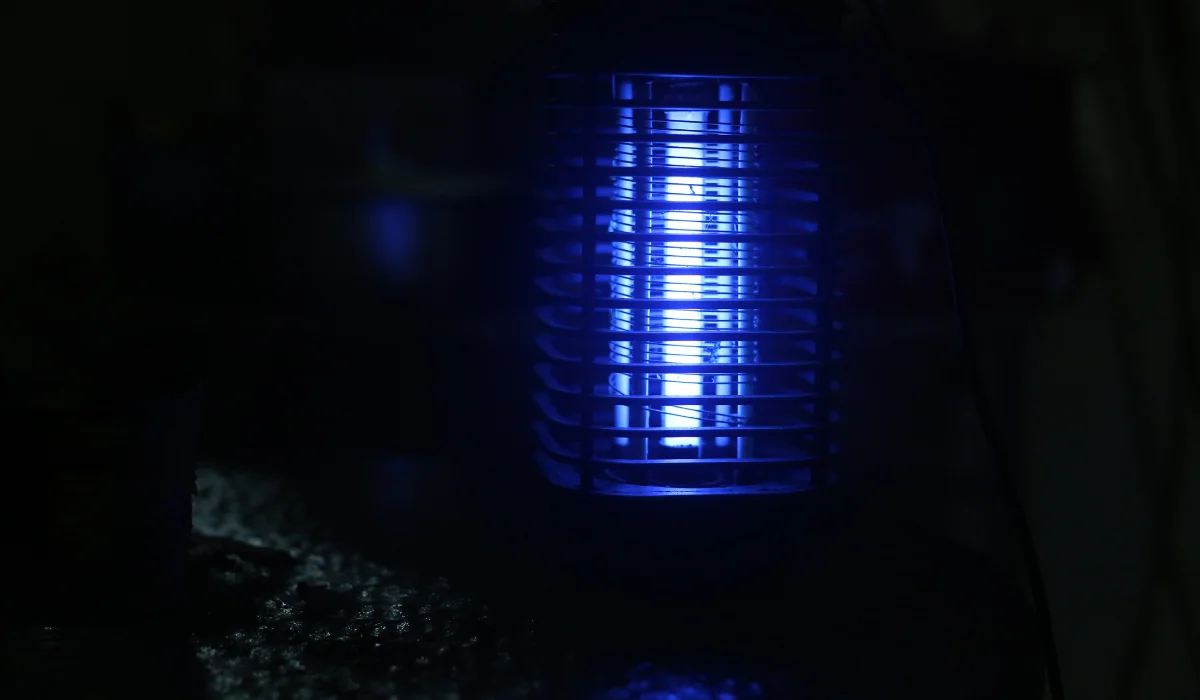The 10 Most Effective Ways to Get Rid of Mosquitoes Without Bug Spray
Mosquitoes can carry dangerous diseases like Zika virus, West Nile virus, and dengue fever. While many people rely on bug sprays with active ingredients like DEET or picaridin, there are plenty of natural and effective ways to keep mosquitoes away without using insect repellents.
Here are 10 of the best methods to reduce mosquito populations around your home.
Key Takeaways
- Mosquitoes can make it hard to enjoy your yard, but you can keep them away without using bug spray.
- Removing standing water, using traps, and installing mosquito netting helps reduce their numbers and prevent bites.
- Natural repellents like citronella candles, mosquito-repelling plants, and essential oils can help keep mosquitoes away.
- If mosquitoes are still a problem, professional mosquito control services can target breeding sites and stop them early.
How to Get Rid of Mosquitoes Without Relying on Bug Spray
Mosquitoes can make it hard to enjoy time outside, but you don’t have to rely on bug spray to keep them away. With the right approach, you can reduce mosquito populations and prevent bites using natural methods.
Here are 10 ways to get rid of mosquitoes without bug spray.
1. Eliminate Standing Water

Mosquitoes lay their eggs in standing water. Larvae also develop there, so eliminating them is one of the best ways to reduce their numbers.
Employing targeted egg and larvae killer practices can help stop them before they become a problem. Regularly empty flower pots, birdbaths, and gutters, drain water from outdoor containers like kids’ toys and old tires, and fill in low-lying areas where water collects.
2. Use Mosquito Traps
Devices like Mosquito Magnet work by emitting carbon dioxide to attract mosquitoes and then trapping them.
There are also homemade traps using sugar and yeast to create CO2, which can be an effective way to kill mosquitoes. These traps work best when placed away from gathering areas to lure mosquitoes away from you.
3. Install Mosquito Netting
Mosquito netting is an easy way to keep mosquitoes out while you’re outside or sleeping with open windows. Use screens on porches and windows to block entry, bed nets in high mosquito areas, and canopies with netting around patios.
4. Plant Mosquito-Repelling Plants
Some plants naturally repel mosquitoes with their fragrances. Consider adding these to your garden or patio:
- Citronella
- Lemongrass
- Marigolds
- Catnip (proven to be more effective than DEET in some studies)
- Geraniums
- Peppermint
These plants can help keep mosquitoes away while making your yard look beautiful.
5. Burn Citronella Candles for Outdoor Protection

Citronella candles help keep these blood-sucking pests away by masking the human scents that attract them. Burning these candles around patios, decks, and outdoor seating areas can create a mosquito-repelling barrier.
While they won’t eliminate mosquitoes entirely, they can make a noticeable difference in reducing bites when used in combination with other methods.
6. Use Fans to Disrupt Mosquito Flight
Mosquitoes are weak fliers.
Setting up box fans or ceiling fans in outdoor areas can create enough airflow to keep them away. This is a great option for porches, patios, and picnic areas.
7. Wear Protective Clothing
When outdoors, wear long sleeves and pants to prevent mosquito bites. Light-colored clothing is best since mosquitoes are attracted to dark colors.
For added protection, consider treating clothing with permethrin, a repellent that stays effective for multiple washes.
8. Maintain Your Lawn and Landscaping
Mosquitoes rest in tall grass and dense shrubs during the day, so keeping your yard well-maintained can help keep them away. Mow the lawn regularly, trim overgrown bushes, and clear out leaf litter and debris.
The fewer hiding spots they have, the less likely they are to stick around.
9. Use Natural Mosquito Repellents
Oil of lemon eucalyptus-based repellents, sunscreen lotions containing picaridin, and citronella oil-based formulas provide a protective barrier that helps prevent mosquito bites while preventing skin irritation.
The CDC recognizes the oil of lemon eucalyptus (OLE) and PMD as effective ingredients in EPA-approved repellents but advises against using pure OLE since it hasn’t been fully tested for safety.
Other essential oils like geraniol and cinnamon oil may also offer some mosquito-repelling benefits.
10. Set Up Zappers or UV Light Traps

Bug zappers and UV light traps attract and kill mosquitoes.
While they aren't the most effective standalone solution, they can reduce the number of mosquitoes in your area when used in combination with other methods.
Take Back Your Yard Without Bug Spray
Mosquito control doesn’t have to rely on bug spray. With the right approach, you can keep them away and enjoy your yard without the constant swatting.
If you’re still dealing with mosquitoes, our team at Native Pest Management can help. We offer professional mosquito control services designed to target breeding sites, eliminating mosquito eggs before they hatch and stopping mosquito larvae from developing into biting adults.
Contact us today to get started!
